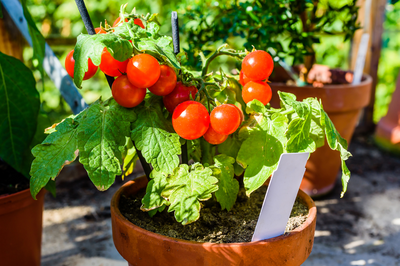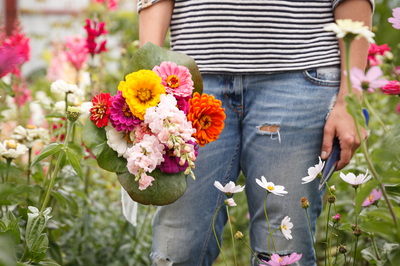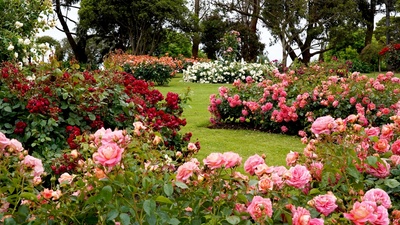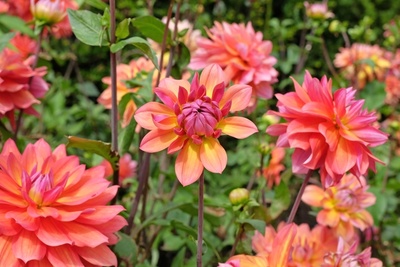
January means it’s Veganuary so we have put together a vegan garden guide to help you not just consider your diet and lifestyle but also what you do in the garden or on the allotment. Veganic gardening is about gardening without the use of not just chemicals but also no animal products either. If you take on the Veganuary challenge why not read on to see how to garden vegan as well.
Mulching a vegan garden
Most gardens and allotments use animal manure to feed the soil but gardening the veganic way means no animal waste should be used and the soil is kept fertile by using vegetable compost, green manures and other new mulches which are now available on the market which are made from crops such as wheat and processed through an anaerobic digester to produce an entirely plant-based mulch. Other soil conditioners can be used such as hay, nitrogen-fixing crops (ie. beans) plus liquid feed such as homemade nettle, comfrey or seaweed feed.
Pest repellants in a vegan garden
Instead of using chemicals, good hygiene is needed (as it would usually) but also good companion planting practices and using natural pest control. Crop rotation is also very important to ensure diseases do not build up in the soil and using plants, especially when growing edible crops, to deter pests is common practice. Plants such as Marigolds are ideal.
Plant feed in a vegan garden
Often in the garden, plants are fed with things such as fish, blood and bone but as a vegan gardener, these kinds of animal products or waste should not be used. There are many alternatives already mentioned but seaweed feed is commercially available and proven to be very good plant food. As well as this, rock dust, ash and rotted wood chips can also be used although perhaps not top of the list as veganic gardening includes the use of materials from renewable sources. The best way forward is to produce what you can on your own plot.
A vegan garden full of wildlife
Creating a biodiverse garden can take time but it is totally worth it and it is surprising how fast wildlife will find a welcome space. To minimise the loss of plants and food crops they will need to be well protected from anything that might pinch your vegetables or other plants. It is important to create homes for all wildlife including predators and to not kill any pest, yes that’s right, not even the garden slugs! By creating a naturally biodiverse environment, nature will take care of the pests for you. By attracting all living creature, the balance will be just right.
With these tips, you will be starting to embrace the vegan garden to join in with Veganuary and you may enjoy it so much, you might continue after the end of the month. For natural fertilisers, companion planting advice and much more we are happy to chat with you in store about your vegan garden.




